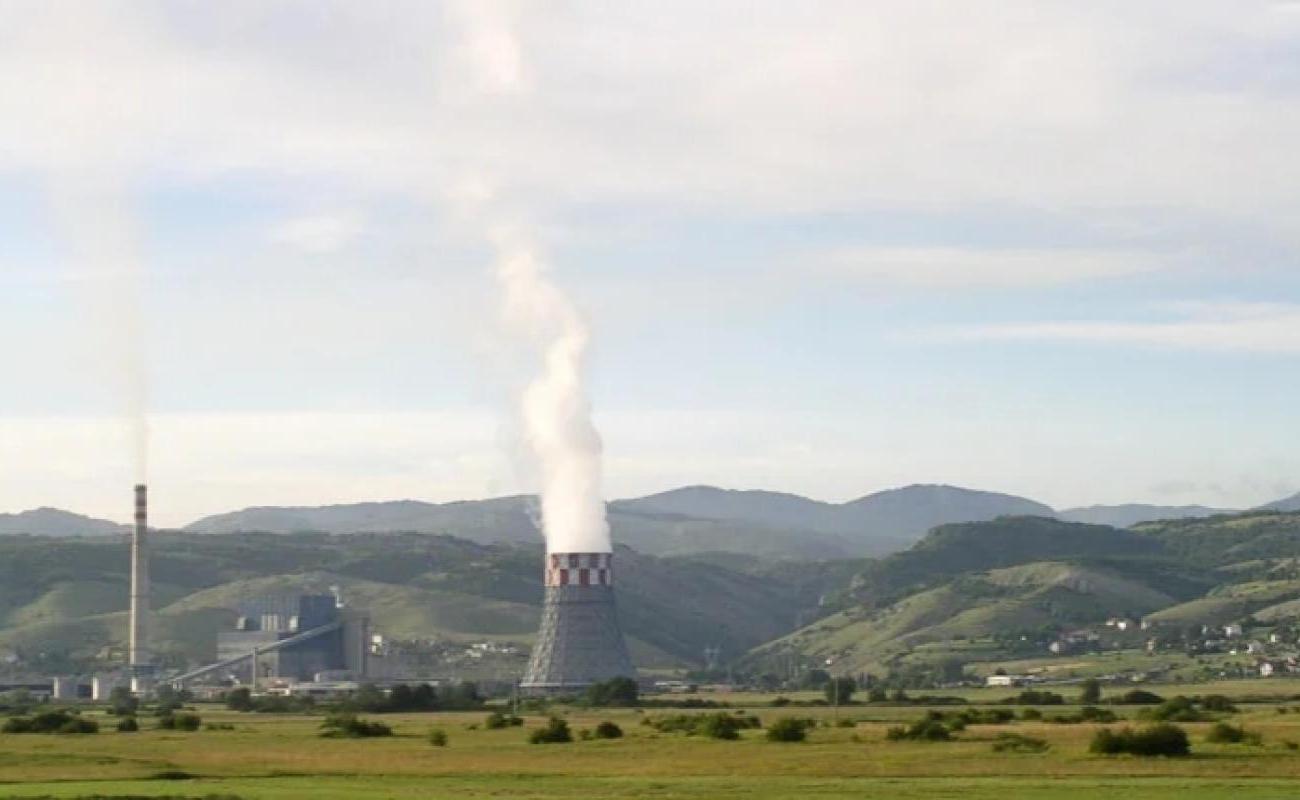Negative electricity prices in Europe stop thermal power plants in the Western Balkans

Consumers in Europe received a gift for Catholic Christmas in the form of very low or even negative electricity prices. Of course, provided that they have such an agreed tariff with the company that supplies them. Although the prices were similar on the stock markets in the region, there were few consumers who could take advantage of it, and problems appeared, perhaps for the first time with public recognition, for electricity producers, specifically the Gacko Thermal Power Plant.
The mine and thermal power plant (RiTE) Gacko, an integral part of Elektroprivreda Republika Srpska (ERS), stopped production due to, as they explained, low prices on the market, which is also happening to colleagues in Europe. Experts say that this new situation for power companies in the Western Balkans is a problem, but also an opportunity.
Very low or negative prices have been a reality in Europe for more than 15 years and are largely the result of an increasing share of renewable energy sources in production. So it happens that in the summer the production of solar power plants is high, so if the consumption is also reduced, then there is plenty of electricity, as was the case at the beginning of July this year.
The time around the Catholic Christmas is also suitable for such situations, because usually wind farms produce a lot of energy, and because of the holiday, consumption in the industry is reduced.
Thus, the prices for December 24 were negative in Germany and Great Britain, and in the rest of Western Europe they did not exceed 6.5 euros per MWh. By the way, in December they ranged between 100 and 150 euros.
It was similar on the Serbian stock exchange SEEPEX. The price in the early morning hours on Sunday, December 24, was 0.17 euros per MWh, and on Monday, December 25, it was 0.03 euros. Until this crash, prices, like in Europe, were in the range of 100-150 euros in December.
What happened in BiH during that time? On Sunday, the Gacko Mine and Thermal Power Plant (RiTE) announced that it would suspend electricity production at midnight, and that it was a planned stoppage, local media reported.
Later, Nezavisne novine announced that the reason was actually the lack of coal, but RiTE denied this.
Maksim Skoko, acting director of RiTE Gacko, stated that the only reason for stopping the power plant is the low price of electricity on the stock market, which is why it is completely illogical and unprofitable to operate in those conditions.
"On Sunday, the prices on the stock exchanges in Serbia were of the order of zero and four euros to 25 euros, depending on the hour of sale. Given that we sell energy outside, within 24 hours, that work is absolutely unprofitable," said Skoko, and explained the low prices with a holiday in Europe.
True, he admitted, there is a need for additional plant preparation and delivery of additional quantities of coal to landfills, but that the thermal power plant did not have to stop because of that. The return to the network, he added, is expected in a few days.
It should be said that TE Gacko, along with TE Ugljevik, is the mainstay of ERS because it receives 56 percent of its total electricity production from them. Both power plants have a power of 300 MW each.
Kušljugić: An opportunity for the region, but only with joint coordination
Mirza Kušljugić, professor of the Faculty of Electrical Engineering at the University of Tuzla and president of RESET, tells Balkan Green Energy News that statements from RiTe Gacko say that operating costs are higher than the market price, which means that the thermal power plant exports electricity. The drop in prices in Europe during the Christmas and New Year holidays, especially when the winter is mild, is a common phenomenon, he adds, and is a consequence of the way European electricity markets are organized according to marginal prices.
However, with the increase in the share of renewable energy from wind and solar, the appearance of low, and occasionally negative, prices occurs mainly when the production from these sources is large, says Kušljugić.
Since further growth of the capacity of this type of variable renewable sources is planned in Europe, it is expected that the prices will be very variable depending on the weather conditions. As he points out, traders who have a flexible portfolio of production and consumption can benefit from low prices on European stock exchanges.
When asked what this means for the Western Balkans, Kušljugić answers that most power companies have a flexible production portfolio because they manage large storage hydropower plants.
But, as he adds, in order to use the flexibility of the potential of hydropower plants in the region, which is the largest in Europe, for trading on European stock exchanges where the price will be highly variable, it is necessary to establish a mechanism for regional coordination of the use of hydro potential, which also requires coordinated planning of the decarbonization process on regional level.
"The preparation of the final versions of the National Energy and Climate Plans (NECP) can be an occasion to more seriously analyze this huge opportunity that the electricity companies in the region have," advises Kušljugić.
